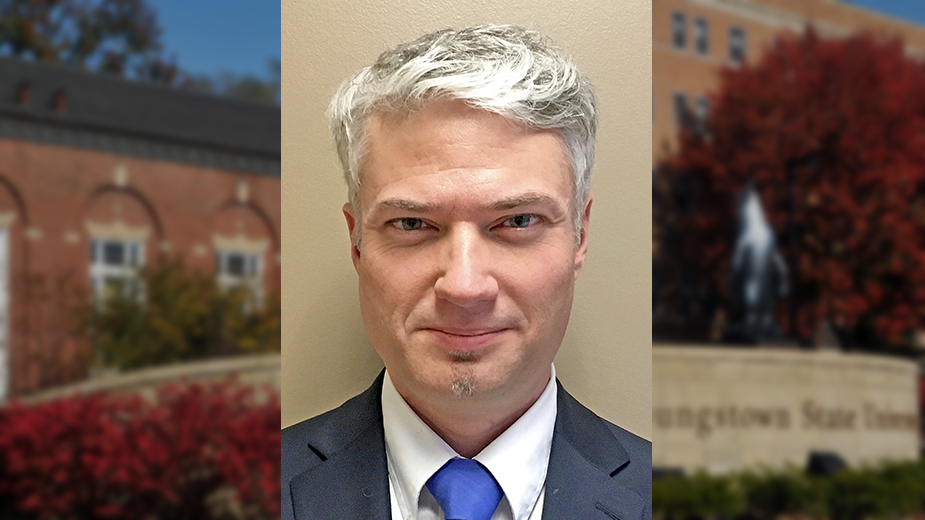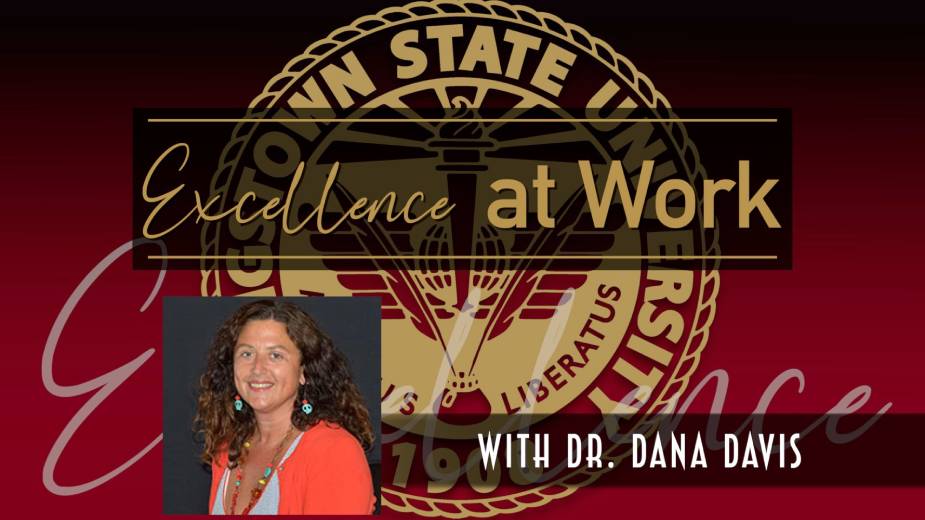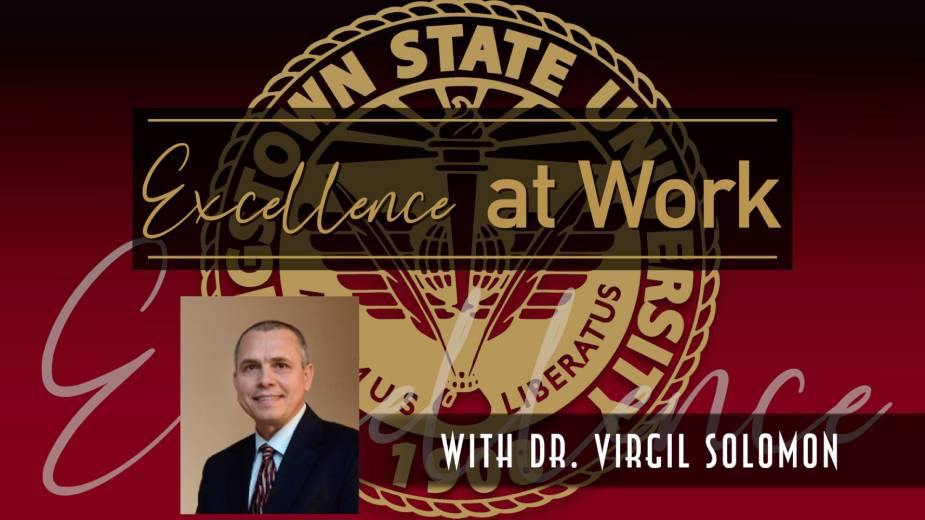A Story of Immigration: Past, Present and Future
By Nate Myers
YSU Associate Provost, International & Global Initiatives
YOUNGSTOWN, Ohio – The earliest evidence of international students at Youngstown State University can be traced to 1959, when the school enrolled 22 students from India in the engineering program.
Since then, a slow but steady growth in international enrollment occurred so that YSU reported a total international student population of 455 in fall 2019.
Then, in March 2020, COVID-19 occurred. Just as the pandemic wrought havoc on business operations throughout the world, it hit universities’ international enrollments hard throughout the United States. YSU international students saw their families’ businesses close and their lives disrupted. As a result, many students were forced to return to their home countries and postpone, or give up entirely, on their dream to attain a college degree in the United States. Certainly, this disruption of educational opportunities was a negative outcome for them – as well as for our region.
In 2015, the Ohio Board of Regents commissioned a report that estimated the 30,000 international students enrolled in Ohio’s colleges and universities contributed more than $872 million to the state’s economy in 2013.
After international students graduate, they also become eligible for one to three years of work permission through a federal program known as Optional Practical Training. OPT allows employers in the region to legally hire international students to put their YSU education to work, filling hard-to-fill positions in STEM and business, as well as many other occupations.
The same Ohio Board of Regents report found that the employment of international students does not, in fact, take jobs away from Ohioans. Instead, it creates new jobs for each international student hired. In addition, a Harvard University study found that when there is more immigration into an area, more native-born individuals will move into the area to take advantage of the economic opportunity, creating economic growth.
Beyond the economic benefits that international students bring to the community, there are positive cultural impacts as well. They bring a wealth of cultural practices, festivals, beliefs and knowledge that make our communities more diverse, stronger and more resilient. They also remind us of our own immigrant roots, buried in our collective consciousness.
Immigration that spawns economic opportunity is a concept that resonates deeply with the history of Youngstown. Who can imagine the success and prosperity of the productive industries of northeastern Ohio during the 20th century without immigration? Who can imagine Youngstown without the many ethnicities that make this city a special place? Certainly, the strength of our ethnic communities in Youngstown attest to the role that immigration played in bringing both economic and cultural vitality to the region.
The enrollment of international students at YSU is the next chapter in a long story of immigration and prosperity in Ohio and the region. YSU was recently recognized by the U.S. Department of Commerce for best practices in international enrollment management.
Building on that momentum, YSU is implementing a new international growth strategy that calls for adding more than 100 new international students in each and every incoming undergraduate class. These students will bring with them many hopes and dreams for a better future. But they also bring cultural and economic opportunity for the entire community.
When our local students invite an international student home for a weekend visit, it is an incredible chance to learn for all involved. When international students study at YSU, our local students benefit from exposure to a diverse student body. When our international students stay and work in the region, jobs are created, benefiting everyone, U.S. citizens and immigrants alike.
The story of Youngstown is a story of immigration. It is written in the past and the present. It is also being written in the future.
Published by The Business Journal, Youngstown, Ohio.



